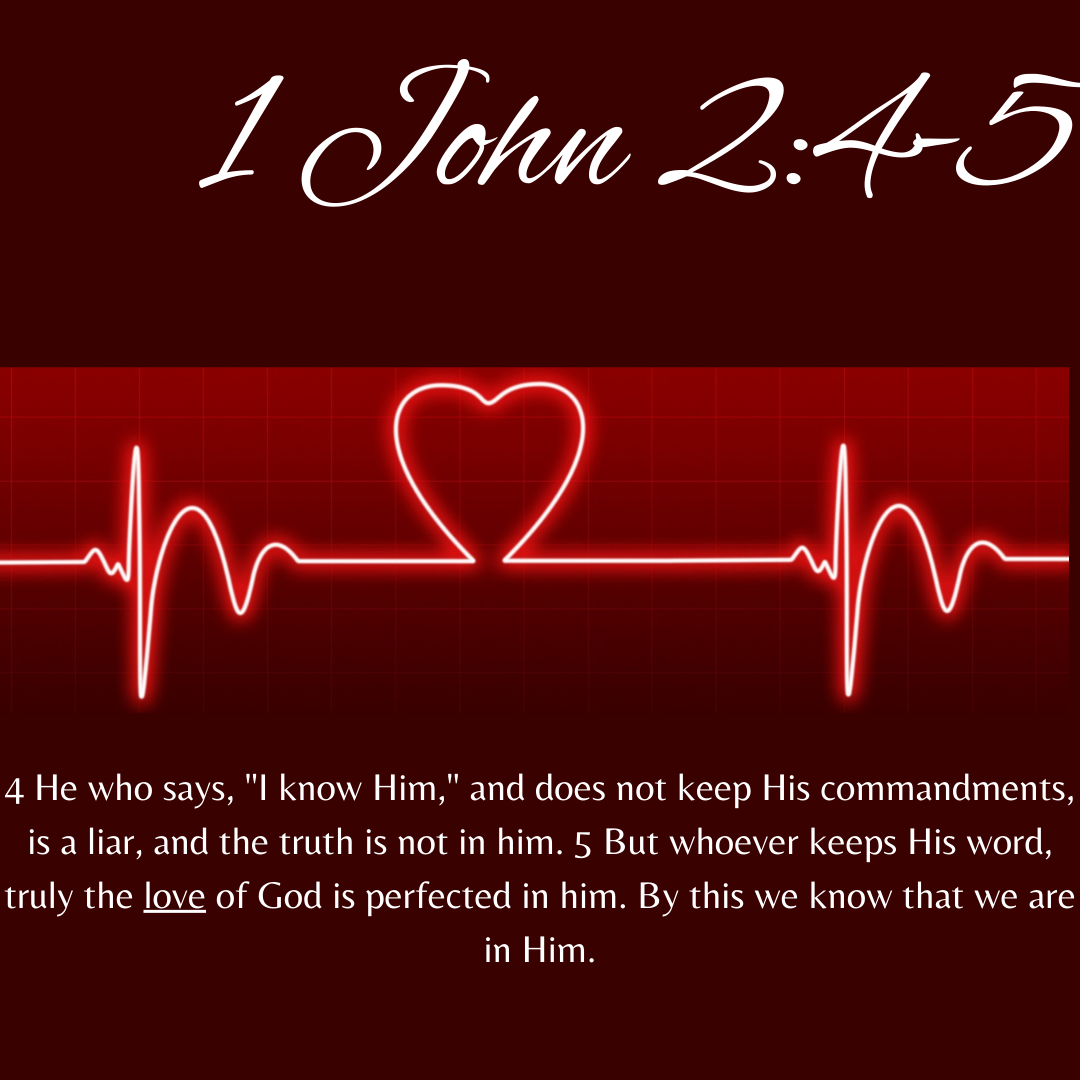NCL Blog – Letters from the Beloved – Deceptions Past, Present and Future, Part 2
Last week, we discovered that there is no such person as “THE” Antichrist in 1 John 2:18-19, and that anyone can be actually be antichrist in behavior. We don’t want to do anything to earn the title of antichrist.
This week we are going to look at a different lesson nestled into verse 19.
1 John 2:19 [NKJV] 19 They went out from us, but they were not of us; for if they had been of us, they would have continued with us; but [they went out] that they might be made manifest, that none of them were of us.
John tells us that antichrists do eventually leave the body of believers and their leaving is proof that they were never really part of the body anyway.
I do get sad when people leave our fellowship. Sometimes they simply move and I know I will miss visiting with them at potlucks.
But if someone leaves because they have been acting “against God” with false doctrines or self-made regulations that add to the loving, righteous law of God but their pet beliefs have not gained traction, they John tells us they were never really part of the body.
When someone tries to add to the law of God or promote some unique interpretation of scripture, we should gently correct them and encourage them to study further. However, if they persist in promoting erroneous interpretations or false doctrines, we have a responsibility to show them that this behavior is not allowed in our congregations.
1 John 2:19 [NKJV] 19 They went out from us, but they were not of us; for if they had been of us, they would have continued with us; but [they went out] that they might be made manifest, that none of them were of us.
To be clear, these brethren do not necessarily have to change their beliefs. If a brother or sister believes, for example, that they should not eat out on the Sabbath, then that believer and those of their household should not eat out.
As Romans 14:23 [NKJV] says, But he who doubts is condemned if he eats, because [he does] not [eat] from faith; for whatever [is] not from faith is sin.
Our brothers and sisters should avoid what they truly believe to be sin. But they should not feel the need to convert everyone to that belief. I have seen more than one church split over opposing opinions about eating out on the Sabbath. I’ve known brethren who left a group because the church would not accept this personally held belief as a doctrine.
That is sad because we will miss them.
If they find a new congregation that feels the same about eating out on the Sabbath or incorporates their belief into the congregation’s core values, then there is no real harm done. And we can rejoice that they’ve found a new church home.
All too often, however, these brethren leave to begin just having church in their own homes – a family setting themselves apart from fellow believers. That is not good. We need each other.
Proverbs 27:17 [NKJV] 17 [As] iron sharpens iron, So a man sharpens the countenance of his friend.
Far worse, would be leaving the faith altogether because they did not get their way in promoting an opinion or personal belief as a doctrine.
To be clear, differing opinions or personal interpretations can abide in one congregation, as long as neither side is sewing discord with promoting their belief. However, if one is promoting a false doctrine, say they decided the Sabbath had been done away with, that person must be lovingly taught the truth and, hopefully, brought around by more seasoned and knowledgeable brethren.
Sometimes when people leave our congregations it is because they were not of us. If he/she leaves and finds a new church home in another congregation we can be glad they’ve found a home where they are comfortable. If that brother or sister leaves the body of Christ entirely, we may need to realize that he/she was not called in this age – is not currently one of us.
However, in all cases, we must pray for those who have left, no matter the reason.
I welcome your comments and questions. You can write me in the comments section or at Nancy@DynamicChristianMinistries.org



















